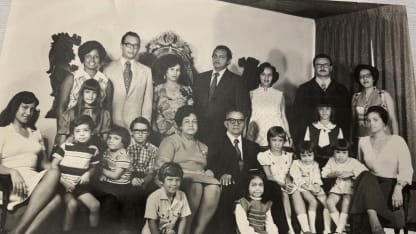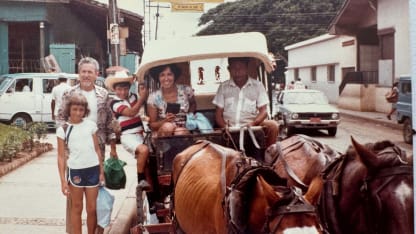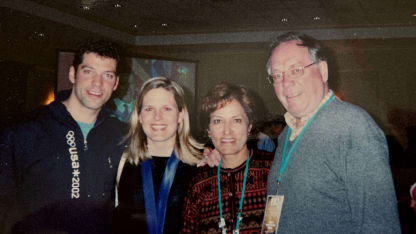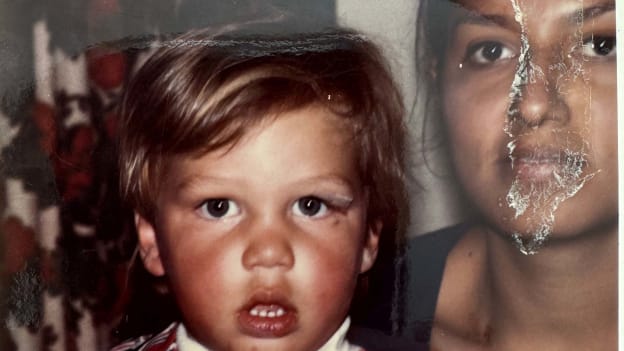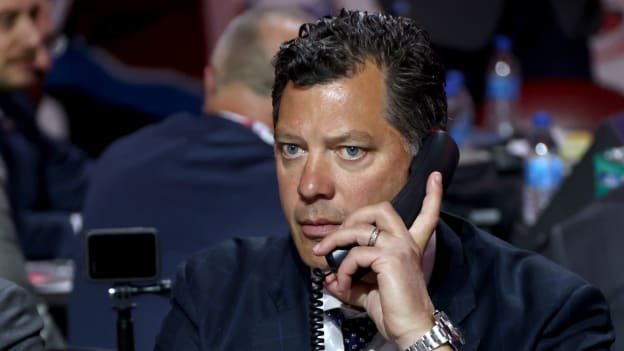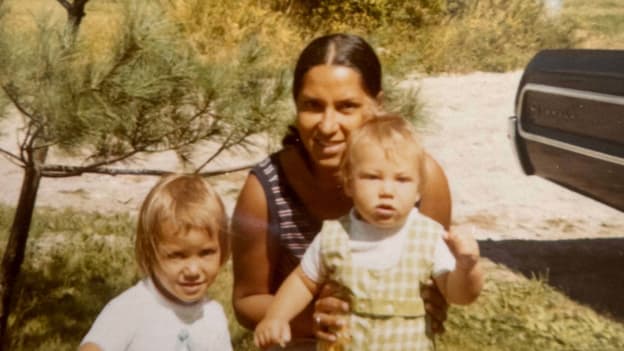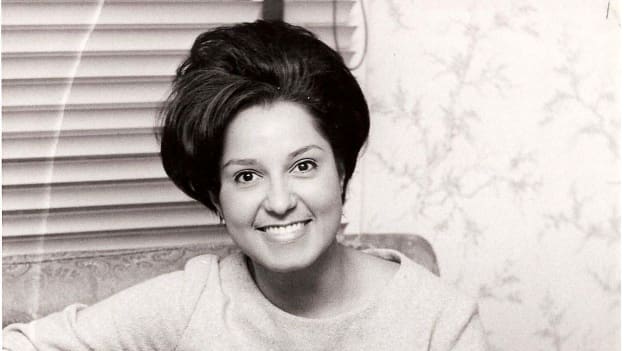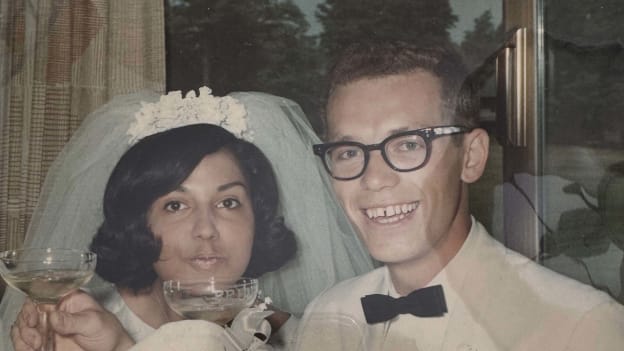Victor Delgadillo lived in Nicaragua his entire life. His family believes he never saw a frozen pond or sheet of ice. He certainly never attended a hockey game.
But Delgadillo's name belongs in the sport's annals, because he's responsible for one of the most significant careers in American hockey history. You see, Victor Delgadillo is the late grandfather of Bill Guerin.
Guerin won the Stanley Cup twice as a player (New Jersey Devils, 1995; Pittsburgh Penguins, 2009) and twice more as an executive (Penguins, 2016, 2017). He helped the United States win the gold medal at the 1996 World Cup of Hockey and the silver medal at the 2002 Salt Lake City Olympics. He had 856 points (429 goals, 427 assists) in 1,263 regular-season NHL games with the Devils, Edmonton Oilers, Boston Bruins, Dallas Stars, St. Louis Blues, San Jose Sharks, New York Islanders and Penguins, and was inducted into the United States Hockey Hall of Fame in 2014. After spending eight seasons in the Penguins front office, he's now in in his sixth season as general manager of the Minnesota Wild, and also will be the GM for the U.S. for the 2025 4 Nations Face-Off and the 2026 Milano Cortina Olympics.
Guerin became the first Hispanic player in NHL history when he debuted with the Devils in 1992. Delgadillo made that possible because of a decision in the 1950s that many at the time viewed as radical.

